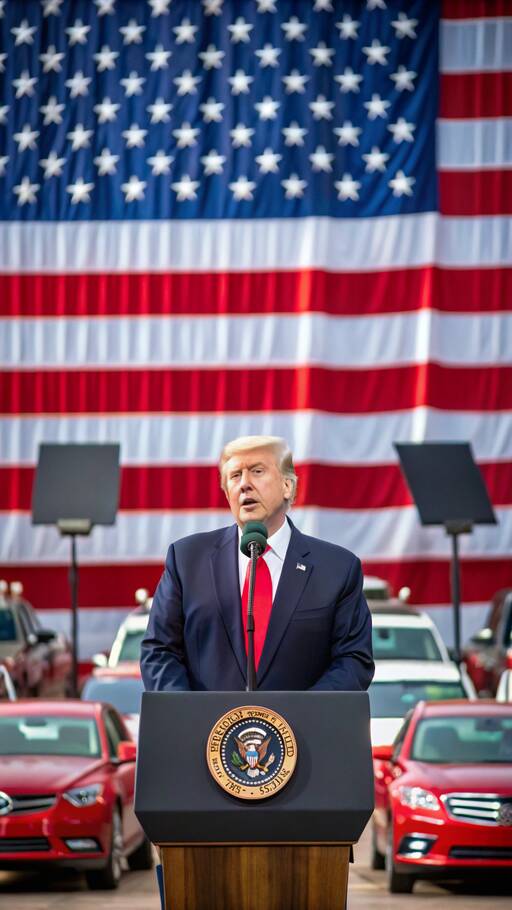
- Effect on Manufacturing: A significant portion of U.S. cars and parts are produced in Canada and Mexico. The proposed tariff could lead to a notable rise in car prices and disrupt supply chains, possibly resulting in job losses within the U.S.
- Impact on Model Availability: Increased costs might cause some models to be discontinued if demand decreases.
- General Motors:
- Key models like the Chevy Blazer EV, Equinox EV, and Silverado are produced in Mexican plants. Tariffs could place additional production demands on U.S. facilities.
- Ford:
- Plants in Mexico manufacture models such as the Bronco Sport, Maverick, and Mustang Mach-E, the latter of which enjoyed high sales in 2024.
- Stellantis:
- Crucial models like the Chrysler Pacifica, Dodge Charger, and Ram HD pickups are produced in Canadian and Mexican plants.
- Toyota:
- Canadian factories build popular Lexus and Toyota SUVs. The production of the Toyota Tacoma is entirely based in Mexico.
- Honda:
- All Civic sedans are manufactured in Ontario, while the HR-V comes from Mexico.
- Mazda and Nissan:
- Affordable models like the Mazda 3, CX-30, and several Nissan vehicles are manufactured in Mexican plants.
Mexico also hosts the production of several luxury models such as the Infiniti QX50, Mercedes-Benz GLB, and Audi Q5. Automakers like BMW and Volkswagen export a variety of models from Mexico to the U.S.
Though President Trump may implement these tariffs on February 1, the full impact remains uncertain. Such tariffs could dramatically alter the U.S. auto market, affecting both pricing and model availability.
President Trump's proposed 25% tariffs on Canadian and Mexican imports have the potential to significantly raise car prices in the U.S. This potential cost increase could disrupt the automotive industry, leading to a range of consequences from higher vehicle prices to the discontinuation of certain models.